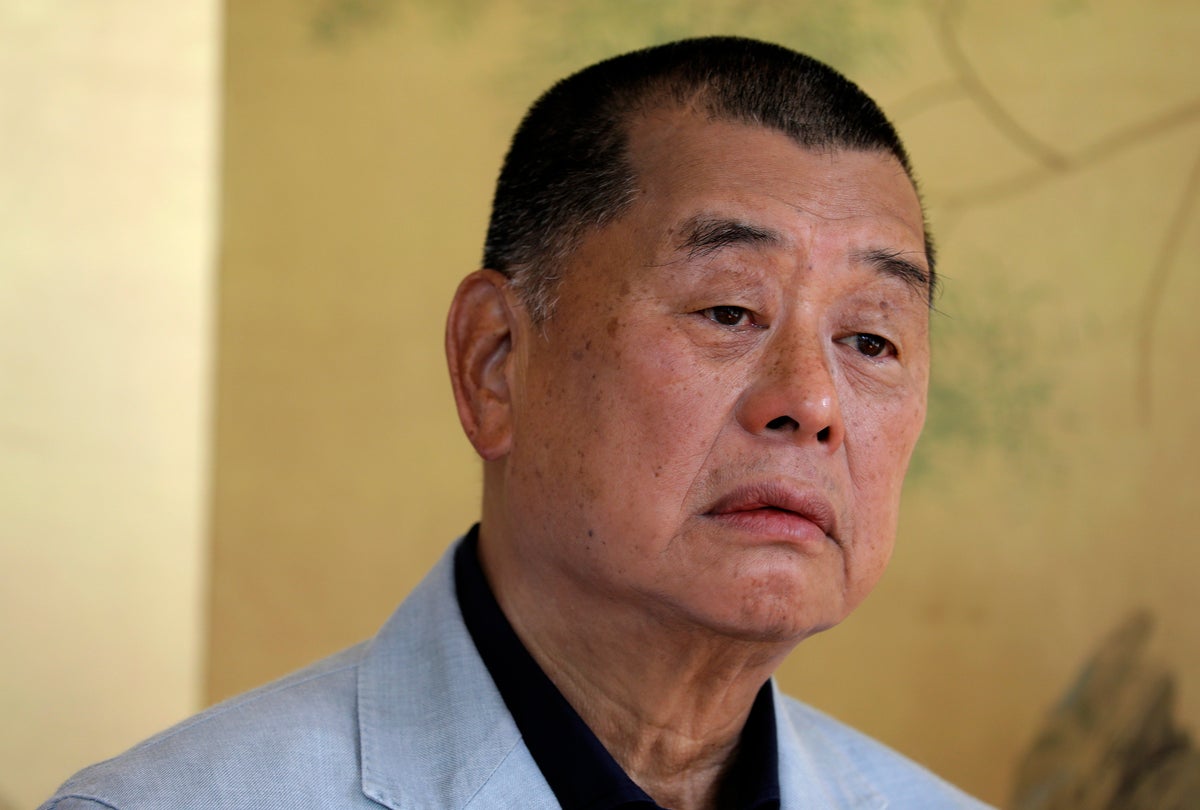
A Hong Kong court on Friday rejected a bid by prominent activist publisher Jimmy Lai to throw out a sedition charge against him, delivering the ruling on the third day of his landmark national security trial.
Lai, 76, was arrested during the city's crackdown on dissidents following huge pro-democracy protests in 2019.
He faces possible life imprisonment if convicted under a sweeping national security law imposed by Beijing. He is charged with colluding with foreign forces to endanger national security and conspiring with others to publish seditious publications.
Foreign governments, business professionals and legal scholars are closely watching the case, which is tied to the now-shuttered pro-democracy newspaper Apple Daily that Lai founded. Many view it as a trial of the city's freedoms and a test for judicial independence in the Asian financial hub.
Hong Kong is a former British colony that returned to China's rule in 1997 under a promise the city retain its Western-style civil liberties for 50 years. That promise has become increasingly threadbare since the introduction of the security law, which has led to the arrests and silencing of many leading pro-democracy activists.
Earlier this week, judges Esther Toh, Susana D’Almada Remedios and Alex Lee heard arguments from both sides about whether the prosecution had missed the time limit for charging Lai with sedition. The law requires the prosecution of sedition charges to begin within six months after an alleged offense is committed.
On Friday, the judges, who were approved by the government to oversee the proceedings, ruled the prosecution filed the charge in time. “The application of the defence must fail,” they wrote in their judgment.
The trial is expected to last about 80 days without a jury.
Wearing a navy blazer, Lai smiled at his family members after he entered the courtroom and appeared calm.
His prosecution has drawn criticism from the United States and the United Kingdom. Beijing has called their comments irresponsible, saying they went against international law and the basic norms of international relations.
Hong Kong, once seen as a bastion of media freedom in Asia, ranked 140th out of 180 countries and territories in Reporters Without Borders’ latest World Press Freedom Index. The group said the city had seen an “unprecedented setback” since 2020, when the security law was imposed.
The governments of both Hong Kong and China have hailed the law for bringing back stability to the city.







